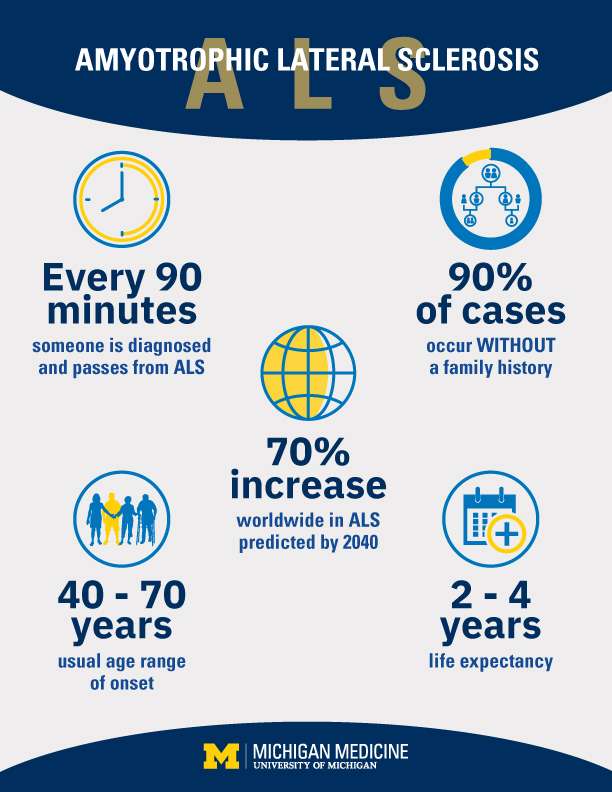
Stephen Hawking, one of the most brilliant theoretical physicists of our time, was diagnosed with amyotrophic lateral sclerosis (ALS) at the age of 21. Despite being given only a few years to live, he defied medical expectations and lived until the age of 76. ALS gradually paralyzed him, yet he continued to contribute significantly to science, particularly in the fields of cosmology and black holes. Hawking’s resilience and determination in the face of a debilitating disease are a testament to the human spirit’s power and an inspiration to many worldwide. Reference Phys.org – Hawking’s Brain Transcended Disability

Hawking’s journey also underscores the importance of the Americans with Disabilities Act (ADA). While the ADA was enacted in 1990, it has since been crucial in ensuring accessibility and equality for individuals with disabilities. Hawking utilized a wheelchair and a computerized voice system to communicate, technologies that are vital for many individuals with disabilities. His life and achievements highlight the need for continued advancements in accessibility, enabling people with disabilities to reach their full potential. By breaking barriers in science, Stephen Hawking expanded our understanding of the universe and showcased how critical it is to support and empower those with disabilities through legislation and innovation. Reference Phys.org – Hawking’s Brain Transcended Disability
Additionally, the ALS Ice Bucket Challenge dramatically accelerated the fight against ALS, raising awareness and funding that contributed to advancements in research and treatment. Reference ALS Association – Ice Bucket Challenge
Stephen Hawking’s work extended beyond his scientific contributions, as he also became a prominent advocate for disability rights. He used his platform to raise awareness about the challenges faced by individuals with disabilities and the importance of accessibility in all areas of life. His efforts highlighted the need for society to remove barriers and create environments where people with disabilities can thrive. Through his lectures, writings, and public appearances, Hawking demonstrated that physical limitations do not diminish one’s intellectual capabilities or potential for making impactful contributions.
Hawking’s legacy continues to inspire ongoing research and development in assistive technologies. His use of advanced communication devices exemplifies how technology can empower individuals with disabilities, allowing them to engage fully in professional and personal pursuits. Innovations inspired by Hawking’s needs have paved the way for more sophisticated and accessible tools that improve the quality of life for countless people. His life serves as a powerful reminder of the importance of inclusivity and the continuous effort required to ensure that everyone, regardless of their physical condition, has the opportunity to contribute meaningfully to society.
The story of Stephen Hawking is a testament to the power of perseverance and the human spirit. Despite the progressive nature of his disease, he continued to work, write, and speak publicly, driven by an insatiable curiosity and a passion for understanding the universe. His life is a powerful example of how one can overcome significant obstacles to achieve greatness, inspiring countless individuals to pursue their passions regardless of the challenges they face. This determination and unwavering commitment to his work propelled scientific advancements and fostered a broader cultural shift towards greater acceptance and support for individuals with disabilities.
Stephen Hawking’s extraordinary journey highlights the critical importance of accessibility and inclusion. His resilience in overcoming physical challenges through technology resonates deeply with our commitment to accessibility initiatives and fostering inclusive environments. By advocating for disability rights and leveraging innovative solutions, Hawking not only advanced scientific frontiers but also underscored the transformative impact of accessible technologies. His legacy inspires ACP to continue championing accessibility, ensuring that individuals with disabilities have equal opportunities to thrive professionally and personally. As we honor Stephen’s legacy, we reaffirm our dedication to breaking down barriers and promoting inclusivity in every facet of society.

